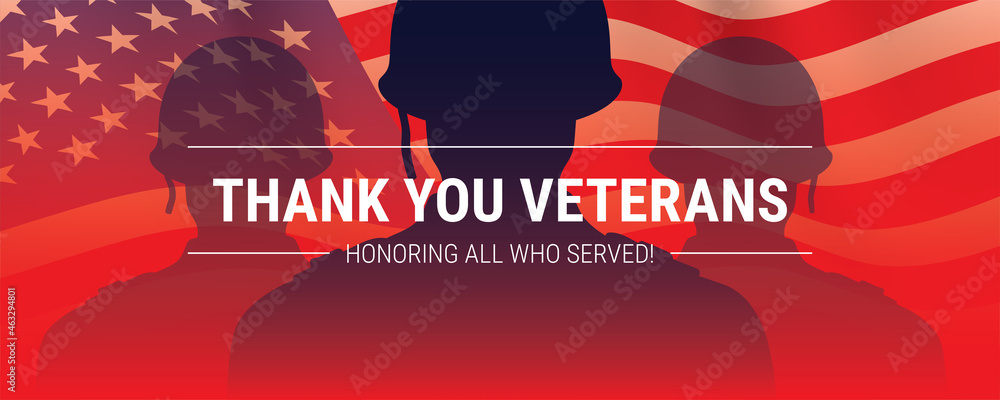
Veterans and VA Compensation: Watch What You Say
Today’s topic might ruffle a few feathers — but I have to say it: as a veteran receiving VA disability compensation, I’ve realized that sometimes I talk too much about it. And honestly, it can be a slippery slope.
As a veteran, you’re walking a fine line when discussing your monthly compensation. It might feel natural to share this information with friends and family who know you served and may even know you were injured. But do they all know you’re receiving compensation? And if they don’t, what happens when you tell them?
When you start explaining, “Yeah, I was injured in the military. This is what I signed up for,” you might be opening the door to judgment and confusion. We all signed on that dotted line, fully aware that injury or worse could be the outcome. Serving meant we gave up certain rights and accepted the risks in service of our country.
But now that you’re back — possibly injured and receiving compensation — what you say about it matters. Especially when it comes to how others perceive you. Do you tell them, “I get $XX amount of tax-free money each month”? Because the moment you do, you might notice their reactions shift.
People may start asking themselves: “Wait, they’re getting paid tax-free… and still working?” Or “They seem normal, so why are they receiving disability?” It becomes a conversation full of assumptions, misunderstandings, and judgment.
Veterans often get judged differently than civilians on disability. No one blinks when someone says they’re on Social Security Disability and appears functional. But if a veteran says they’re receiving VA compensation and seems “normal,” suddenly it’s a problem.
Even among veterans, this topic sparks debate. There’s frustration over differences between those on TDIU (Total Disability Individual Unemployability) and those rated 100% permanent and total (or 100% scheduler). Some veterans can’t work, while others can earn as much as they want. That disparity leads to resentment and confusion, even among our own.
Personally, I try not to judge. Veterans on TDIU face serious life challenges, but so do those rated 100% otherwise. We all carry burdens. My point is this: be mindful of what you say. Be cautious about revealing your compensation status. Saying “I’m a veteran” may be enough — you don’t always need to add “disabled veteran” unless necessary.
Because once you say you’re disabled, questions will follow. People may ask about your condition, your income, your capacity to work. And if you’re not ready to go down that path, it can become uncomfortable fast.
I’ve chosen to be transparent with my family. I’ve created binders with all my records so they know what I’ve been through and have access to important documents when needed. But even with that, I believe some things should stay in-house. Not everything needs to be broadcast.
This is just a quick reminder: think before you speak. Be aware of who you’re talking to. Don’t put yourself in a position where someone questions your integrity or your right to receive benefits. You don’t owe anyone an explanation unless you choose to give one.
And finally — take care of yourself. Get the physical and mental health resources you need. Help is out there. Use it.
Disclaimer: This article is an opinionated commentary intended for informational purposes only. The views expressed are those of the author and do not represent legal or official guidance. Always consult with appropriate professionals or the VA for decisions regarding your benefits.VA Disability Compensation
